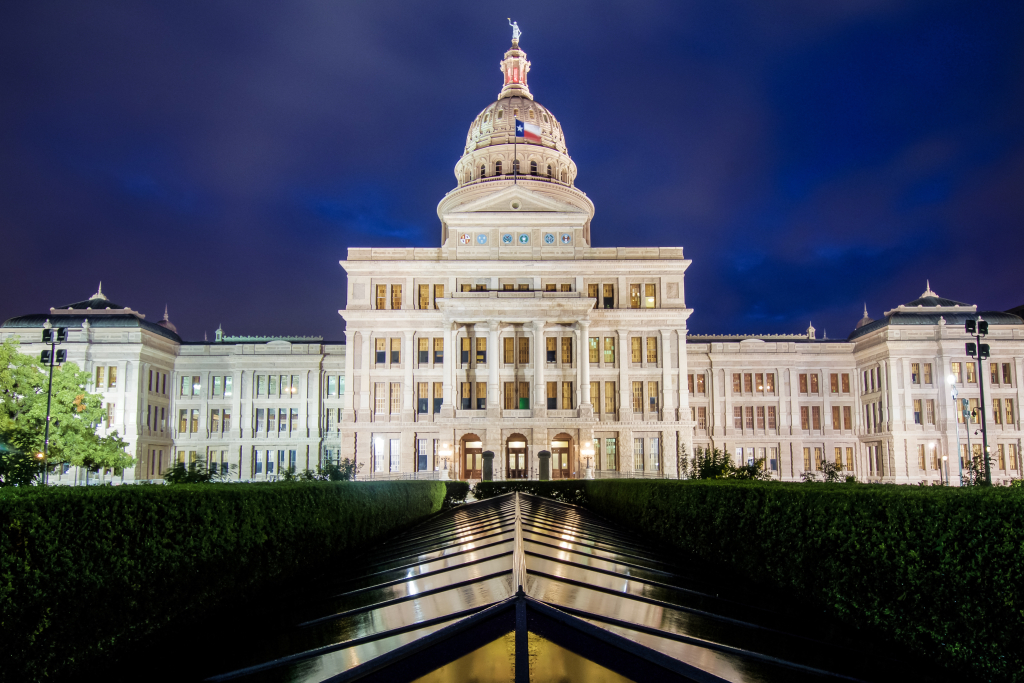
AUSTIN — In a landmark session that stretched into the early hours of Thursday morning, the Texas House approved a contentious measure that would allocate $1 billion in public funds to support private school tuition statewide.
Historic Vote on School Choice
The school choice legislation, passed by a vote of 86-63, marks a significant shift from last year’s failed attempt to pass similar proposals. All House Democrats and two Republicans—Speaker Dade Phelan and Rep. Gary VanDeaver—voted against the bill.
House Bill 1 would establish Education Savings Accounts (ESAs), giving families up to $10,000 per child to cover tuition and related educational expenses at private institutions. The program’s funding is linked to public school budgets, meaning the available amount will adjust alongside public education appropriations.
Governor Greg Abbott, a long-time proponent of school choice, praised the bill’s passage.
“For the first time in Texas history, our state has passed a universal school choice bill out of both chambers. This is an extraordinary victory for thousands of Texas parents who have long advocated for more options in their children’s education,” Abbott stated. “I look forward to swiftly signing this bill into law.”
Debate and Amendments
The debate, which lasted nearly 10 hours, featured passionate exchanges and more than 40 proposed amendments. Democratic lawmakers argued that the bill disproportionately benefits families who already send their children to private schools and could divert critical funding from public education.
In contrast, Republican supporters emphasized that the plan prioritizes low-income families and students with disabilities. Only one amendment—introduced by Republican Rep. Brad Buckley—was adopted. It requires participating private schools to have operated for at least two years and mandates that the state’s annual report include dropout, expulsion, and graduation data for participating students with disabilities.
Among the most debated amendments were:
- A proposal by Rep. James Talarico (D-Austin) to put the school choice measure to a public vote in November. Talarico accused the governor of using political pressure to stifle support for the referendum, saying: “No one, including the governor, should threaten a lawmaker. We serve our constituents, not the executive office.”
- An amendment from Rep. Harold Dutton (D-Houston) to provide greater financial support for the lowest-income families, arguing that $10,000 may not cover full tuition at many private schools. “This bill is like giving someone in a 12-foot hole a 10-foot rope,” Dutton said.
House Bill 2: Public School Funding Advances
Before addressing the ESA proposal, the House overwhelmingly passed House Bill 2, a sweeping $7.7 billion investment in Texas public schools, by a vote of 144-4. The bill includes increases to the basic allotment per student, raises for teachers, and enhanced funding for special education based on students’ individual needs.
The funding bill drew broad bipartisan support, though not without spirited debate. Rep. James Talarico questioned whether the proposal adequately restored funding to pre-2019 levels, a point that sparked applause from the House gallery before a warning was issued by Speaker Pro Tem Dustin Burrows.
Rep. Diego Bernal (D-San Antonio) acknowledged the bill’s progress while urging continued improvements:
“This is a generational, landmark piece of legislation. While there is still work to do, we should not let that overshadow the important advancements it makes.”
Governor Abbott also lauded the legislation, stating:
“The Texas House has taken a monumental step to increase education funding and teacher pay. With House Bill 2, we are investing in a high-quality education for the next generation of Texas leaders.”
Looking Ahead
With both major education bills now passed by the House, final reconciliation with the Senate is expected before they reach Governor Abbott’s desk. The passage of these measures could redefine the educational landscape in Texas, blending unprecedented investment in public schools with the introduction of statewide private school tuition assistance.
As these bills move forward, lawmakers and stakeholders across the state continue to wrestle with the long-term implications for school funding equity, access, and accountability.




